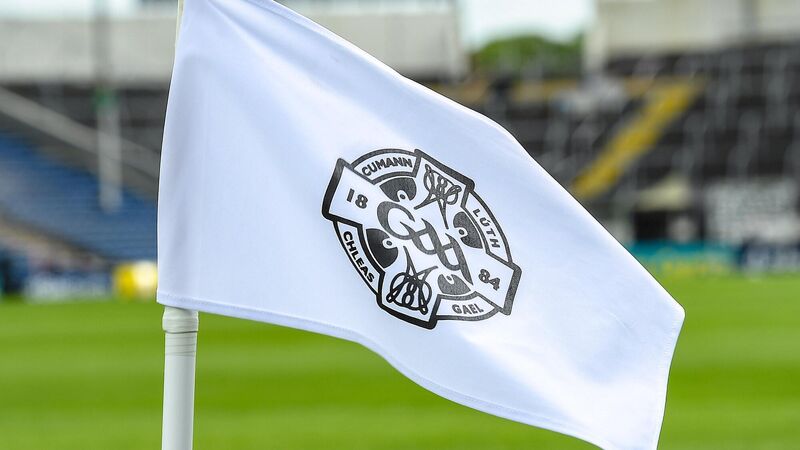Sports law solicitor calls for reevaluation of GAA's parish rule in relation to juvenile transfers

CHANGE NEEDED: Cork-based Niall Geaney has been contacted by several parents in different areas of the country about the difficulty presented by the rule. Pic: George Tewkesbury/Sportsfile
The strictness of the parish rule in respect of juvenile transfers is causing mental anguish among older children and forcing some out of Gaelic games, according to a leading sports law solicitor.
Cork-based Niall Geaney has been contacted by several parents in different areas of the country about the difficulty presented by the rule that exists in the majority of counties in the GAA and Ladies Gaelic Football Association over the past 12 months in particular.











